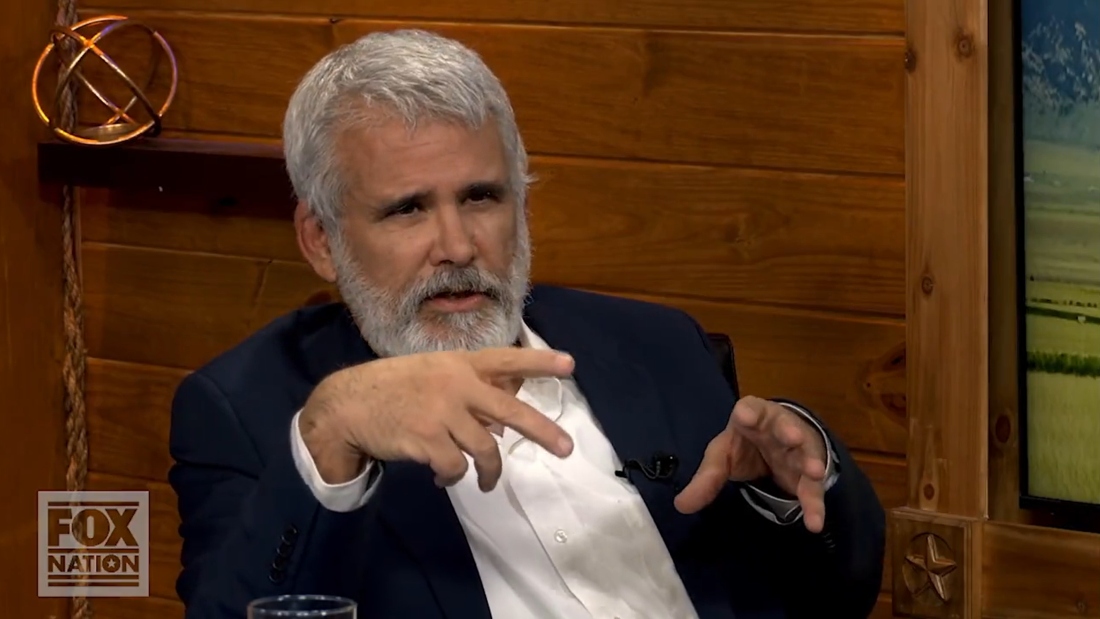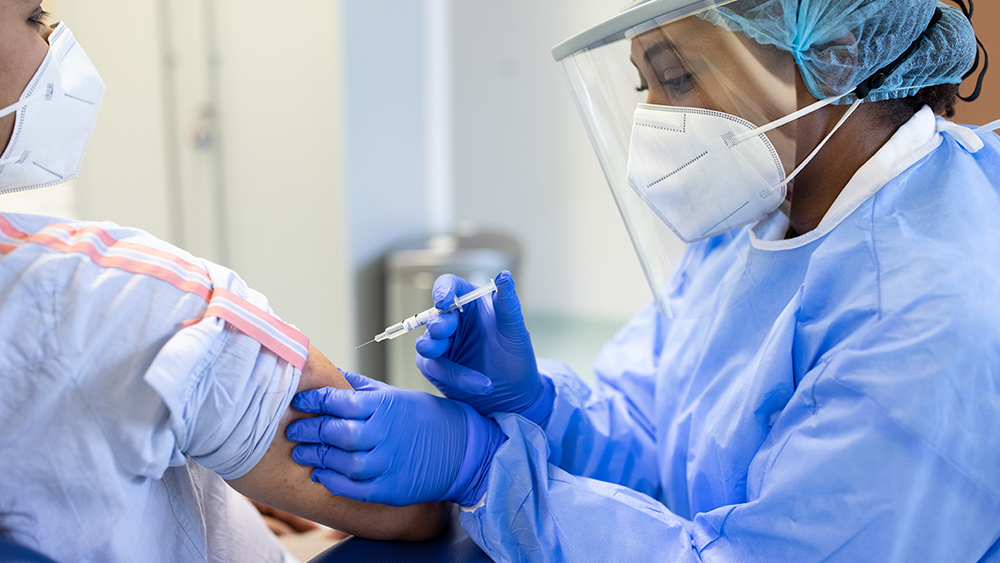Leukemia cells “steal” glucose from normal cells to feed their own growth
01/16/2019 / By Ralph Flores

One of the things that makes cancer such a life-threatening disease is its ability to rapidly spread to other areas of the body. It does so by getting energy from glucose, which it does in extreme amounts. A study from the University of Colorado Cancer Center looked at how the disease gets its energy and found that it robs normal cells of their ability to consume glucose, allowing its cells to consume more of the sugar for its abnormal growth.
In the study, published in the journal Cancer Cell, the researchers noted that in leukemia (a type of cancer in the blood), the cancer cells induce a condition similar to diabetes where healthy cells are unable to receive glucose, which leaves more for the cancer cells to consume.
“Literally, they are stealing glucose from normal cells to drive [the] growth of the tumor,” explained Dr. Craig Jordan, a professor at the University of Colorado School of Medicine.
Similar methods, different outcomes
Both diabetes and cancer target the ability of healthy cells to receive glucose. If a person has diabetes, it means that either his pancreas cannot make enough insulin for cells to process glucose into energy, or tissues become unable to respond to insulin, leaving the body starved for energy while glucose builds up in the blood. In leukemia, however, it creates similar conditions — for far more sinister results.
The tumor cells in leukemia start by having fat cells overproduce a protein called IGFBP1, which makes cells less receptive to insulin. In high amounts, it creates an environment similar to insulin resistance, where it takes a lot of insulin to process glucose. According to researchers, this could also be the reason why obesity is a major risk factor for cancer, as the presence of fat cells also increases the production of IGFBP1, making it available for cancer cells to consume. (Related: Obesity can make breast cancer cells more aggressive.)
It can also increase the amount of glucose available in the blood by significantly reducing insulin production, which it does in the gut. In their study, Jordan and his team found significant differences between the gut microbiota in healthy mice and those with leukemia. In particular, the mice with leukemia did not have a specific kind of bacteria known as bacteroids. These bacteria are responsible for making short-chain fatty acids that help with overall gut health. If the gut doesn’t have bacteroids, the gut becomes compromised, since it can’t help with reducing blood glucose. This allows leukemia cells to disable proteins that are responsible for insulin production, allowing glucose to remain higher than usual.
This process allows cancer to attack both insulin production and sensitivity, leaving healthy cells starved and cancer cells with an abundant supply of glucose for energy. It could also explain why many cancer patients suffer from cachexia, where a person loses weight and wastes away. The disease brings with it systemic changes that rob healthy cells of their energy and allows it to spread at an alarming rate.
“It’s a classic parasite trick,” Jordan added. “Take advantage of something the host does and subvert it for your own purposes.”
Learn more about how cancer affects the body at Cancer.news.
Sources include:
Submit a correction >>
Tagged Under:
Cancer Cells, fight obesity, glucose, gut health, IGFBP1, insulin resistance, leukemia, research, scientific, understanding cancer
This article may contain statements that reflect the opinion of the author
RECENT NEWS & ARTICLES
COPYRIGHT © 2017 SCIENTIFIC NEWS




















